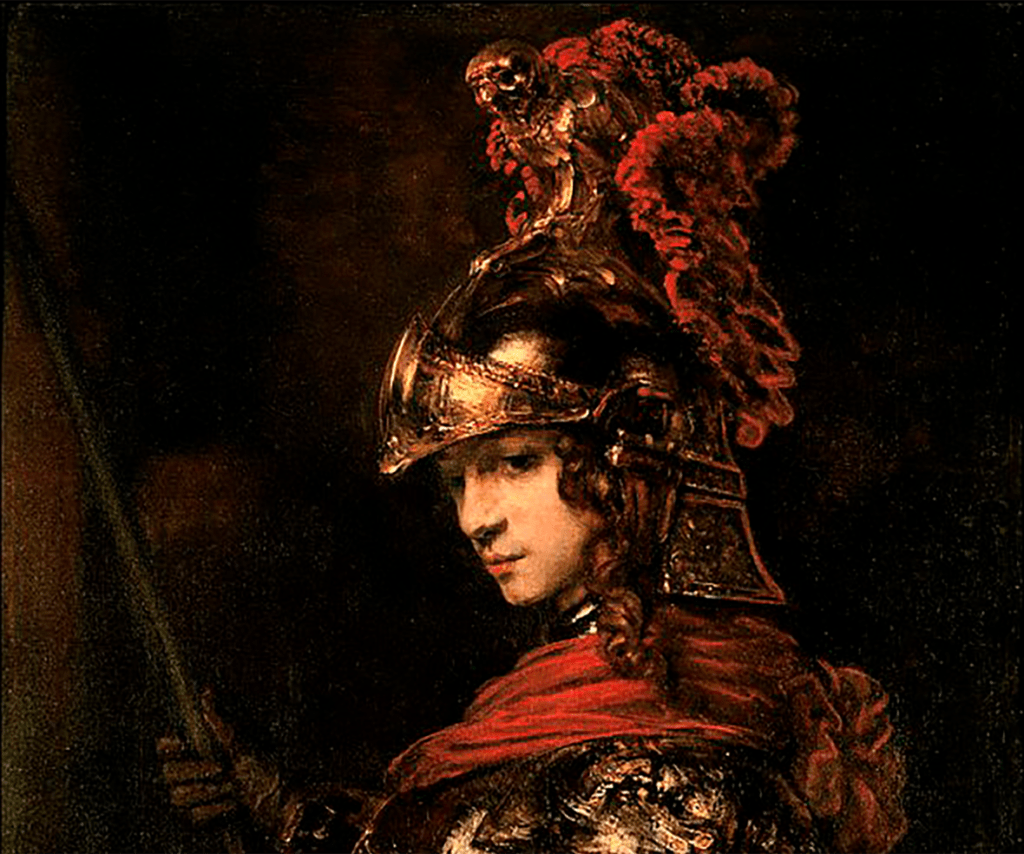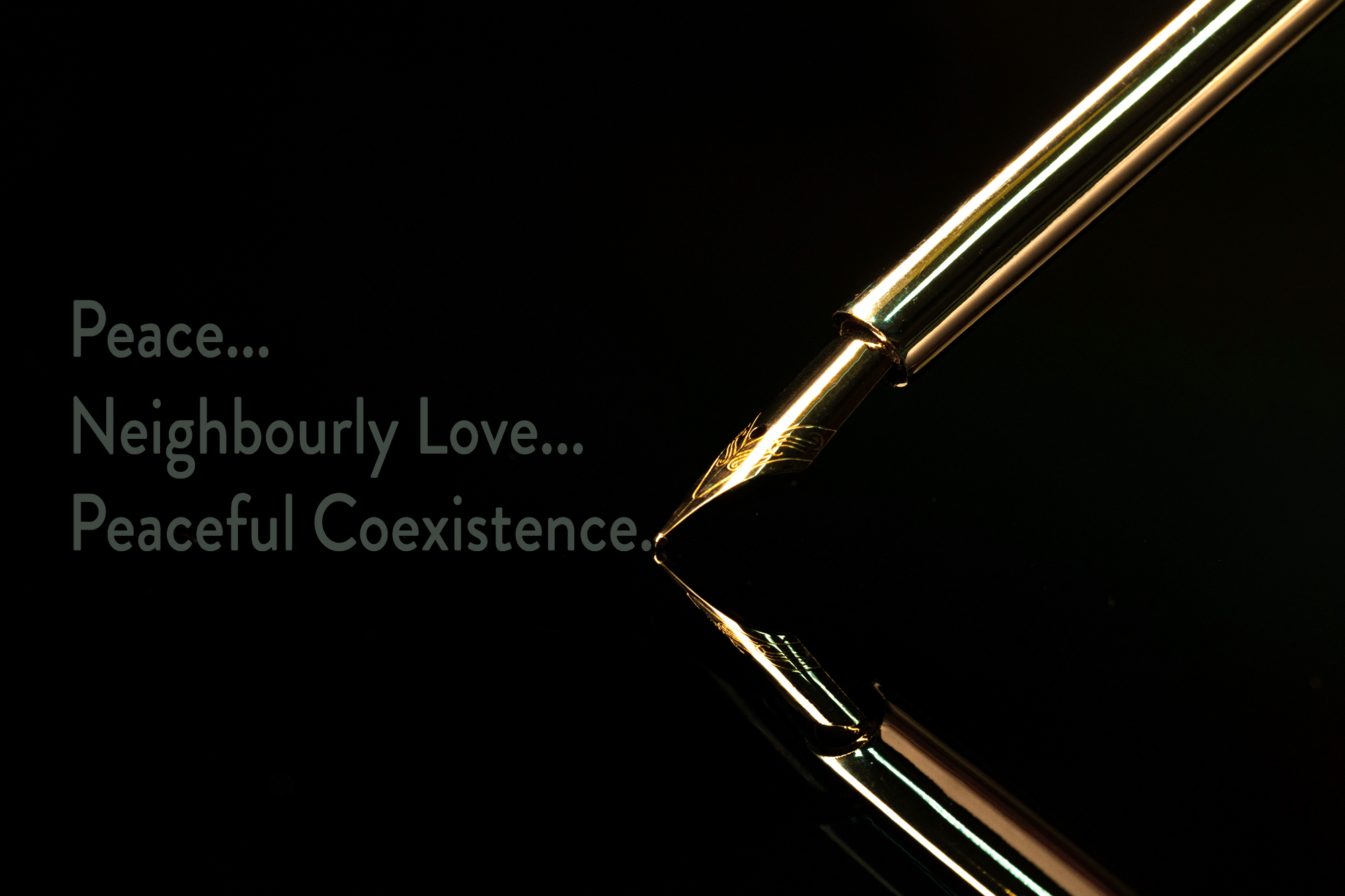
Athena, goddess of wisdom, war and crafts in Greek mythology, brought to life again…in a manner of speaking.
Why ‘real’ – or ‘true to life’, when talking about ‘mythology’? Which in the tradition of almost all peoples around the globe is a ‘myth’ to begin with, something like a ‘highbrow fairy story’?
Of Greek mythology it can be said particularly well that it was built, based on what was common in the society at the time:
life, love and war between parents and children, brothers and sisters. Kings, queens, gods and peasants, they figured in it, fought, won, lost, loved and hated just as human beings did – and do.
As a child I encountered the German retold stories of Greek mythology ‘en vogue’ then. I didn’t like the style. It seemed cramped and rather bent on trying to provide a sense of blind worship for the old traditions. Typical among those that seem to hold anything of ancient Greece in highest regard without checking twice – or real understanding and a broader view.
Still, recently I came across a documentary about the Greek myths that not only was colourful, consists of more than 20 parts – but also seems true to ‘life’.
The second time after reading Joachim Fernau, historian, of hotly debated, enlightened approach, who yet successfully made ancient history come to life in his books on Roman or Greek mythology and history.
Colourful, too, great fun to read, with real insight.
Athena, the Modern Woman?
Athena is particular to me because she seems to represent a figure as a woman I feel I can relate to:
not perfect, but well-liked, desired even, yet not easily taken in – or had. She fights only in order to make more peace.
She sprang from the head of her father Zeus, reigning god of Greek mythology, at birth, also a striking way to come to life: a father’s thought or idea…
She failed once dreadfully when killing her sister in a sparring fight, where her father Zeus interfered at the last minute, blinded her sister momentarily to weaken her and thus makes Athena kill her sister accidentally.
A little background here makes it clearer:
‘Pallas’ had been her uncle Poseidon’s daughter in the tales, but both had been raised and felt like sisters. That Zeus would interfere at all, in the tales was due to an old rivalry between his brother Poseidon and himself.
That’s apparently why she is called ‘Pallas Athena’ on most statues or scrolls or in texts: she put the name of her beloved sister in front of her own to remind and be reminded for the rest of her life.
She is protective goddess of all crafts, close to arts and although I am not a craftswoman as such, I like many crafts very well, such as knitting, crocheting, or cooking.
Wisdom, last but not at all least of the main characteristics and responsibilities of her as a figure in the tales:
wisdom is dear to me and I try to attain more, as the years pass by, always have held in it in high regard.
Wisdom and knowledge are not the same thing by a long chalk. But experience and a kind heart, as well as knowledge are the best possible bases for wisdom to come – sometimes sooner, sometimes later.
Non-violently ‘fight’ for peace, be wise, do not let them fool you and look your fellow-man – literally and figuratively – squarely in the eye, yet remember also about love or passion, quality-wise, instead of quantity: that’s what this image means to me in a nutshell. Athena.
